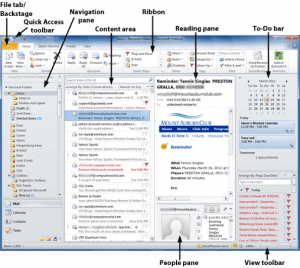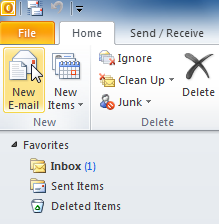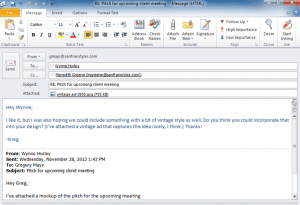While this Act does not deal specifically with the Internet, the definition of a “publication” is wide enough to include the Internet.
Although the provisions of this Act seek to regulate the distribution of films and publications (including pornography), one must interpret them having due regard to the fundamental rights to privacy and of freedom of expression which are protected in the Bill of Rights. See also chapters 12 and 13.
With regard to “hate speech”, the right to freedom of expression does not extend to advocacy of hatred that is based on race, ethnicity, gender or religion and that causes incitement to cause harm. It must be noted that like pornography, it is only the distribution of such material which is an offence under the Act.
With regard to defamation by companies and employees of companies, one of the important issues is where the duty to regulate lies; whether there is a duty on the company or Internet service provider (ISP) to regulate the publication of material (whether it is by way of e-mail or a bulletin board on the company’s intranet) is a moot point. Unfortunately, this issue has not been decided in South Africa and companies that decide not to regulate and instead do nothing, could be exposing themselves to a possible claim for negligence on grounds that they owed a duty of care to their employees and third parties to impose some restrictions.
In so far as e-mail might be the medium for the defamatory statement in the workplace, it is important to remember that the defamation will probably occur at the place where the offending material is accessed. This might impact on defamatory e-mail received from a foreign jurisdiction, as a South African court will only have jurisdiction in South Africa if the words were published (accessed) in South Africa.
![]()


